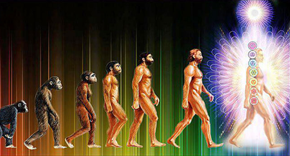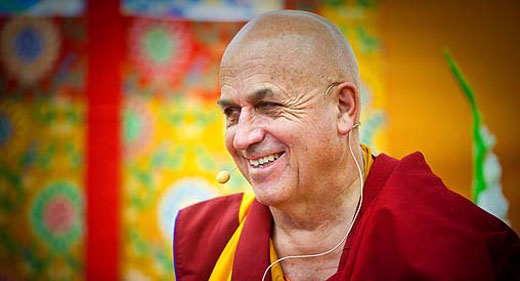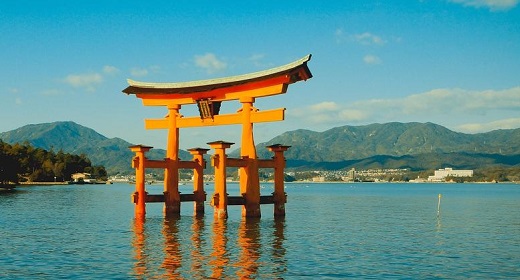by Matthieu Ricard: In July, Matthieu Ricard and Mark Tercek, president and CEO of Nature Conservancy and author of “Nature’s Fortune: How Business and Society Thrive by Investing in Nature,” engaged…
in a question and answer dialogue about the benefits of altruism and environmental concerns
Tercek: I love your new book, “Altruism,” and how it dares people to be altruistic to make the world a better place. What is your definition of “altruism”?
Ricard: Altruism is a benevolent state of mind. To be altruistic is to be concerned about the fate of all those around us and to wish them well. This should be done together with the determination to act for their benefit. Valuing others is the main state of mind that leads to altruism.
When altruism is our dominant state of mind – our default mode – it expresses itself as benevolence toward anyone who might come into the field of our attention and translates itself as goodwill, readiness and willingness to care. When we perceive that others have a pressing need, we develop empathic concern. When the need is related to a yearning for happiness, altruism will foster the realization of that aspiration. When the need is related to suffering, compassion will induce us to remedy the suffering and its causes.
We should, of course, do everything possible to put altruism and compassion into action. However, we should not restrict the use of the term “altruism” to external behavior since actions themselves do not allow us to know with certainty the motivation that inspired them. A hindrance to taking action – which is beyond the control of the person who wants to act – does not at diminish the altruistic nature of his motivation.
Tercek: Of course I especially like the emphasis the book places on environmental challenges and how altruism can support strong environmental progress. What advice do you have for environmentalists about how to be more altruistic in our work?
Ricard: The question of the environment is complex scientifically, economically and politically. But in the end, it is a matter of altruism versus selfishness. If we don’t care for the fate of future generations and of the millions of other species who are our co-citizens in this world, we will not see that there is an environmental problem!
Some might think it does not matter because they will not be here in 100 years. Groucho Marx famously said, “Why should I care for future generations? What did they do for me?” Unfortunately, quite a few people say that today in a serious manner.
So, my humble advice to environmentalists would be to demonstrate and explain that altruism is the only concept that can reconcile the needs of the economy in the short term, quality of life in the midterm and the environment in the long term.
Let’s assume that the majority of us are basically good people who are willing to build a better world. In that case, we can do so together thanks to altruism. If we have more consideration for others, we will promote a more caring economy, and we will promote harmony in society and remedy inequalities. We will do all that is needed not to transgress the planetary boundaries within which humanity and the rest of the biosphere can continue to prosper.
We need to showcase the fact that we are all in the same boat – fundamentally interdependent – and that we need to enhance our level of cooperation and solidarity.
Tercek: One of the challenges we environmentalists face is that there are some businesses, governments and individuals who engage in activities that are very harmful to the environment. How do you suggest we engage with such players in an altruistic manner?
Ricard: If we believe in the emergence of a more altruistic society, we should not be discouraged when faced with various manifestations of selfishness. When cynical interest groups make their own profit an absolute priority, ignoring the harmful consequences of their activities on the population and the whole biosphere, it is legitimate to speak of institutionalized selfishness.
The best way is to act together to bring about a change of culture. Fortunately, cultures change faster than genes. Today, no one would dare to say publicly: “Slavery was not so bad after all,” or, “Why don’t we reverse the decision to grant voting rights to women?” There is a point when you realize that you cannot support certain types of behavior anymore.
Today, if you tell cynical investors or industrialists, climate change deniers, tobacco company executives and the like that they should be compassionate, they might answer that they can be compassionate on a personal level but that it is not their job. However, at this point, it has become almost impossible to say, “I don’t care about future generations,” “I don’t care about poverty in the midst of plenty,” and, “I don’t care if there are 200 million climate refugees in 2030.”
We should help people realize that they are human beings who are wired to care for each other and that they could – and should – bring their humanity into their professional activities. It is possible to show them that this is a win-win situation.










































